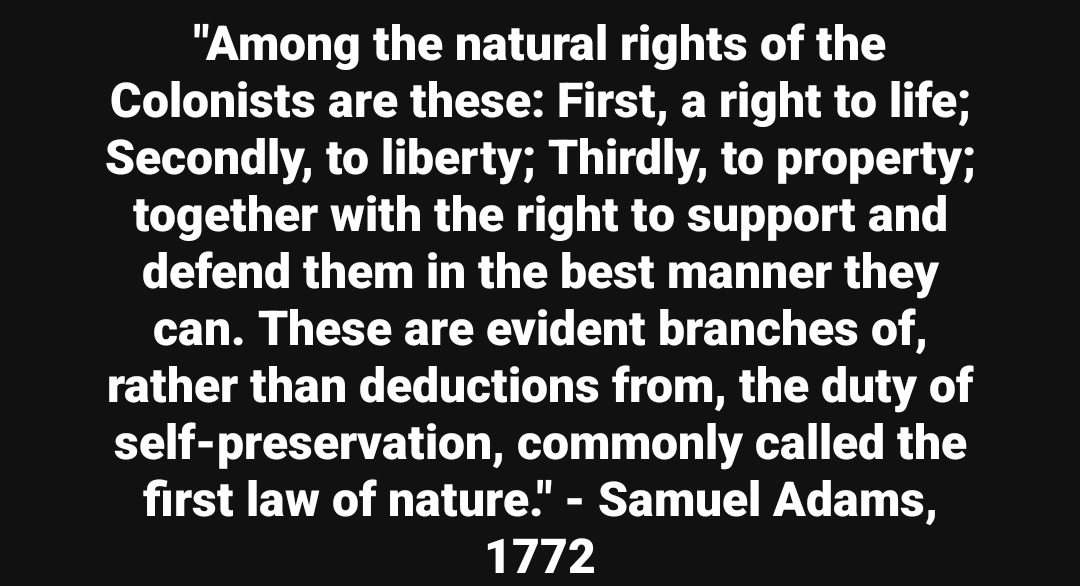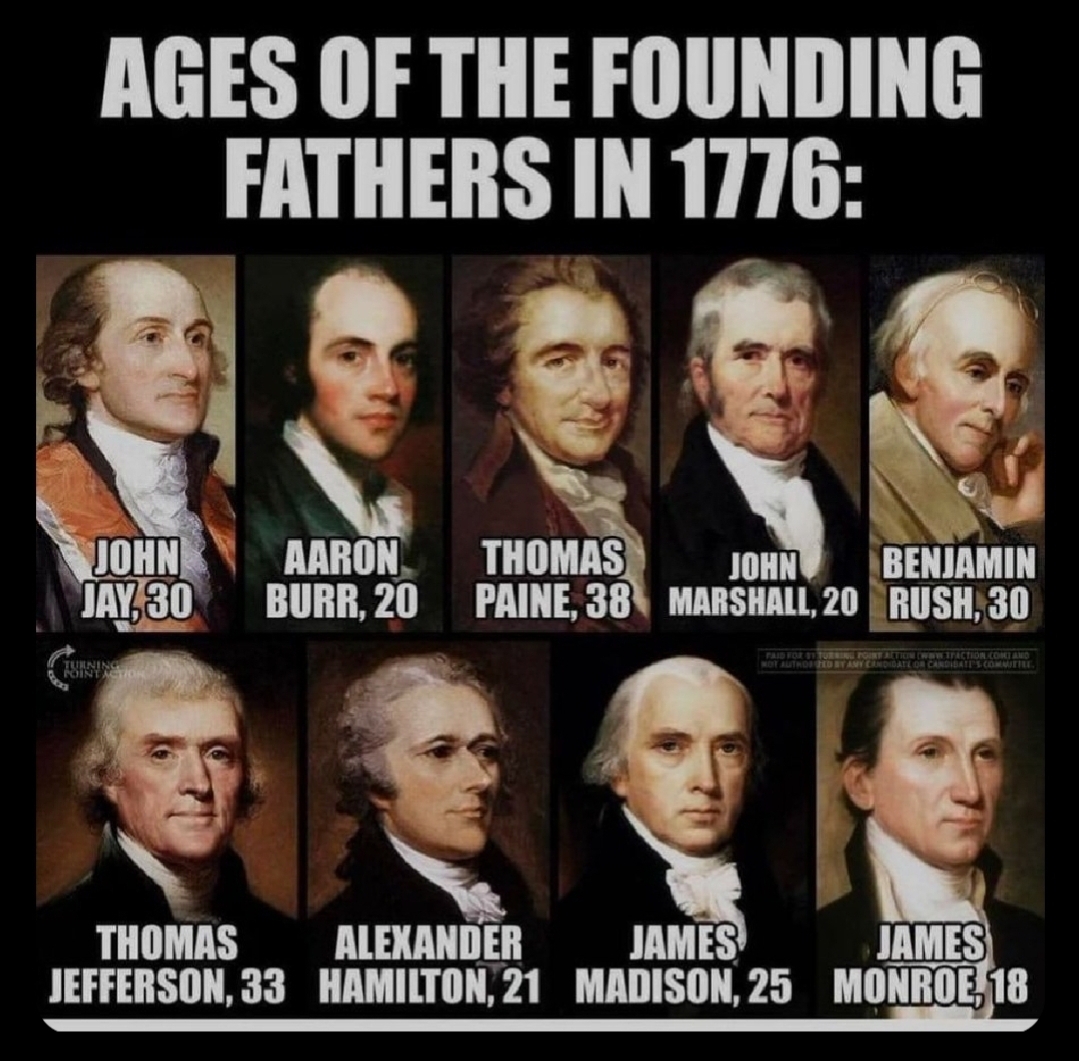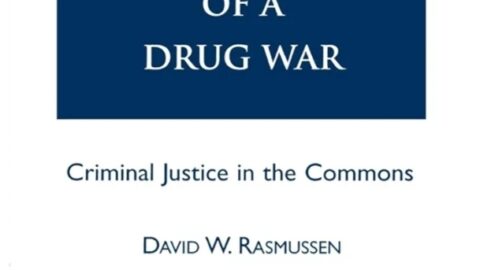
Samuel Adams and the Foundation of Natural Rights
Samuel Adams, a key figure in the American Revolution, articulated the core natural rights of individuals—life, liberty, and property—and their interconnection with self-preservation. These rights were not just abstract ideals; they were the foundation of American independence and constitutional government.
Let’s break down why these rights are important, how they are connected, and what happens when they are violated.
The Three Fundamental Rights
The Right to Life
- The most basic right—without life, no other rights can exist.
- Implies the right to defend oneself against threats (self-defense, just war, resistance to tyranny).
- Governments that deny this right through unjust wars, capital punishment without due process, or forced euthanasia are tyrannical.
The Right to Liberty
- The ability to think, speak, and act freely without oppressive restrictions.
- Includes freedom of speech, religion, movement, and association.
- Without liberty, life is mere existence under the control of another.
The Right to Property
- Property includes land, labor, and the fruits of one’s work.
- John Locke argued that property rights stem from mixing one’s labor with the world.
- Governments that control property (e.g., socialism, communism, excessive taxation) violate this right and enslave people economically.
How These Rights Are Connected
Property Supports Life and Liberty
- If you own nothing, you have no independence.
- Governments that take or control property restrict both liberty and life.
- Example: In communist regimes, the state controls wealth, forcing dependence.
Liberty is Necessary to Secure Life and Property
- If you lack liberty, you cannot defend your life or property.
- Example: Gun control laws that prevent self-defense increase crime and government overreach.
Life Without Liberty and Property is Slavery
- Tyrannical governments allow people to exist but control their choices.
- Example: North Korea allows life but denies liberty and property—its people live but have no freedom or ownership.
The Connection to Self-Preservation (The First Law of Nature)
- Adams argued that these rights are not granted by government but exist naturally.
- Because self-preservation is the most basic human instinct, people must have the right to defend themselves against threats (criminals, oppressive governments).
- This justifies:
- Self-defense (gun rights, Stand Your Ground laws).
- Revolutions against tyranny (American Revolution, Founding Fathers).
- The right to refuse government control (vaccine mandates, forced labor, etc.).
The Danger of Violating These Rights
When Life is Undermined
- Abortion, euthanasia, and state-sponsored killings violate the right to life.
- Governments that disregard life inevitably disregard liberty and property too.
When Liberty is Limited
- Censorship, authoritarianism, and surveillance restrict freedom.
- Example: China’s social credit system punishes political dissent, controlling liberty and property.
When Property is Taken
- High taxes, land seizures, or socialism rob individuals of independence.
- Example: The Soviet Union abolished private property, leading to mass starvation and oppression.
Why This Matters Today
- Governments are constantly trying to limit these rights in the name of safety or equality.
- The more power the government has, the less power the individual retains.
- Adams’ warning is clear: Defend your rights or lose them.
Call to Action
- Know your rights (study the Constitution, Bill of Rights).
- Resist government overreach (oppose unconstitutional laws).
- Defend property and self-defense rights (gun ownership, private property protection).
Samuel Adams was not just writing for 1772—his message applies today more than ever. If we fail to protect these rights, we lose them.







